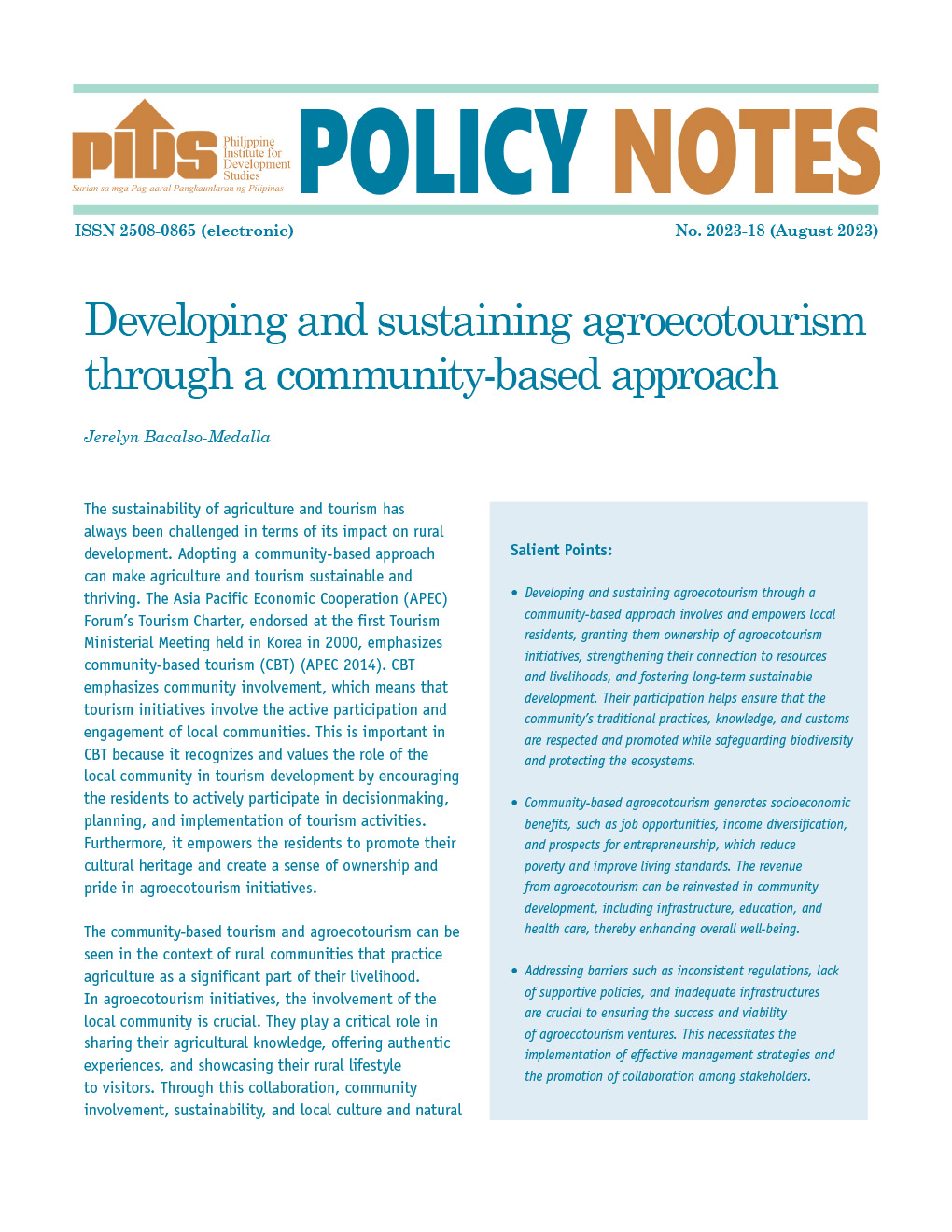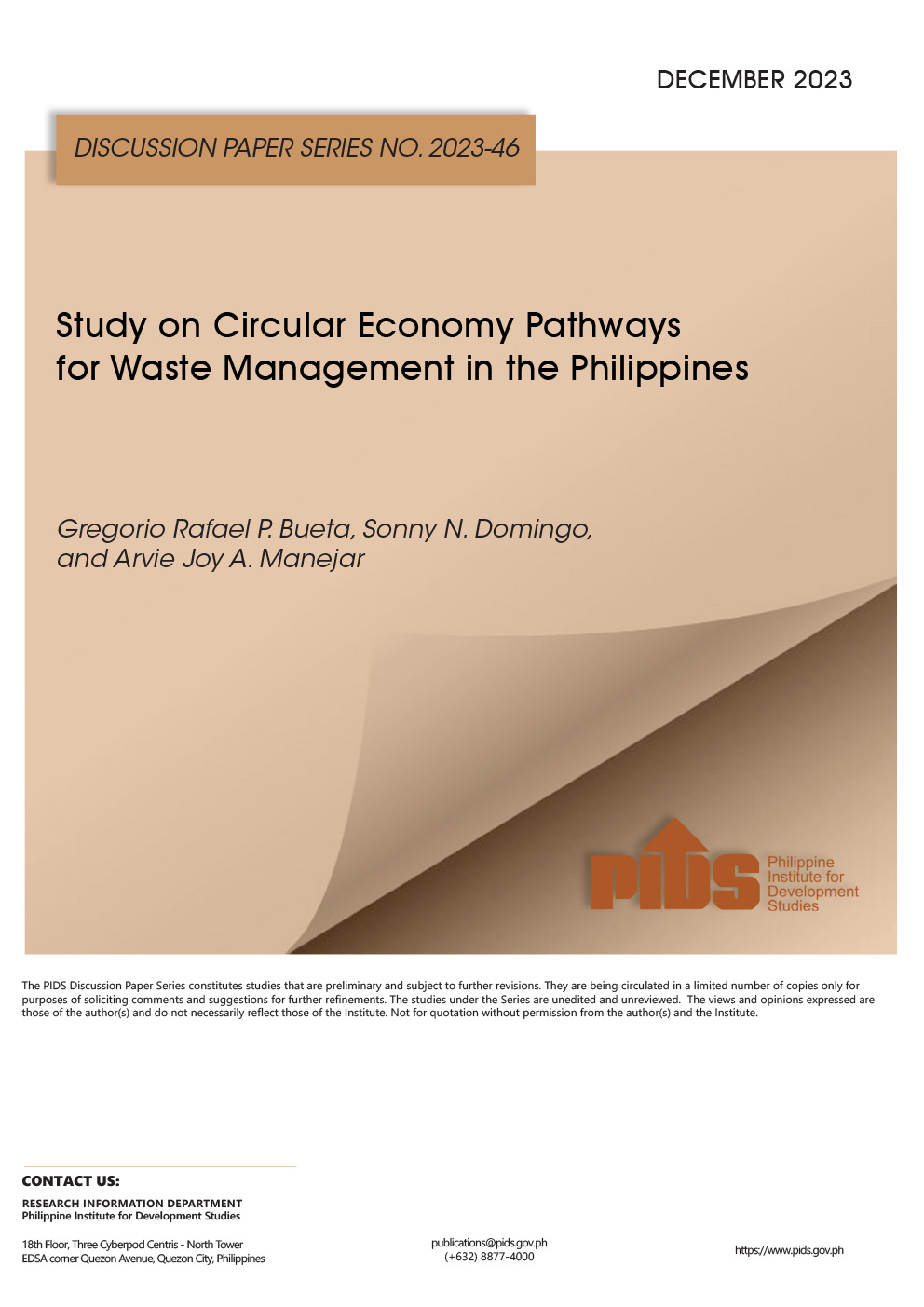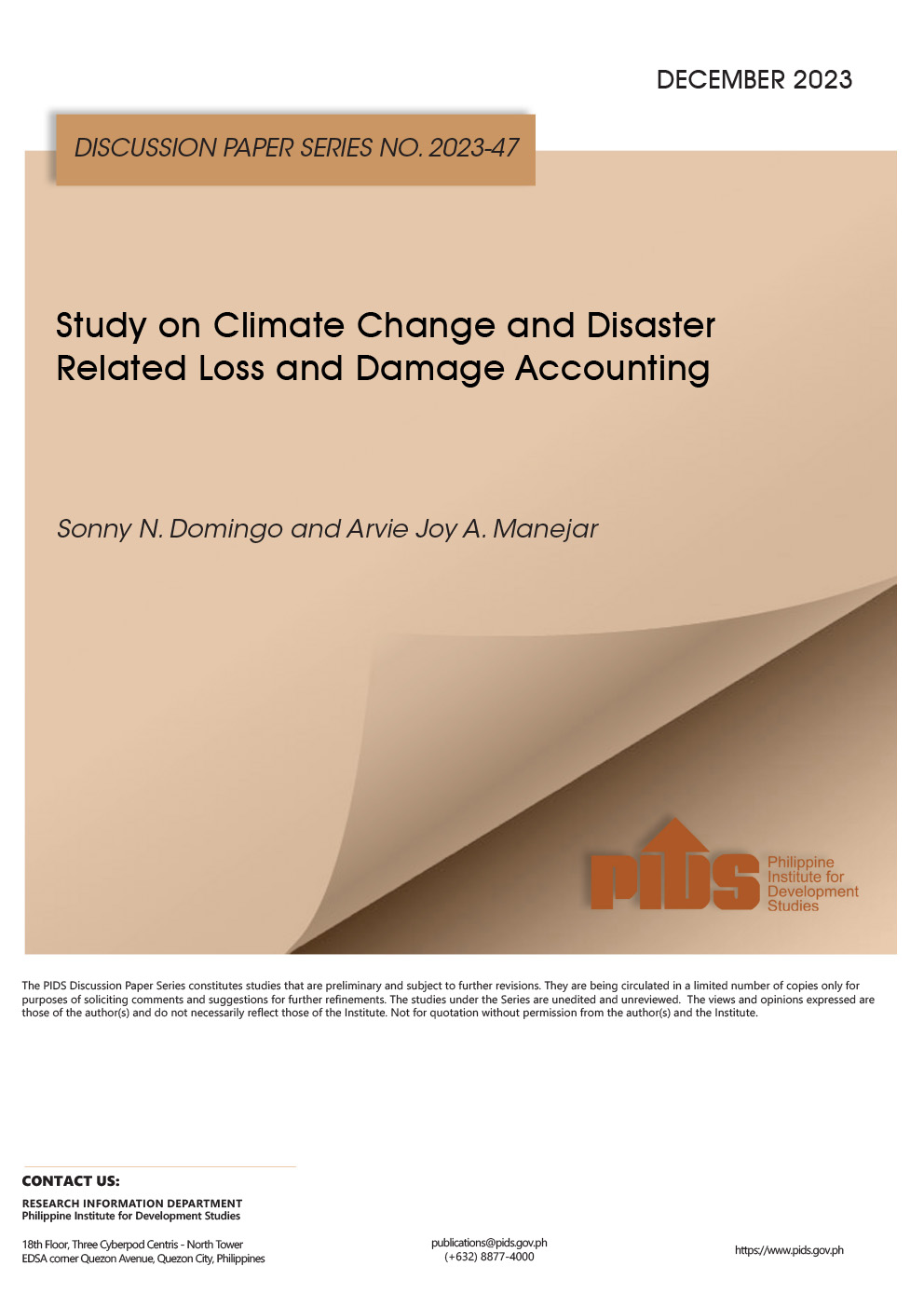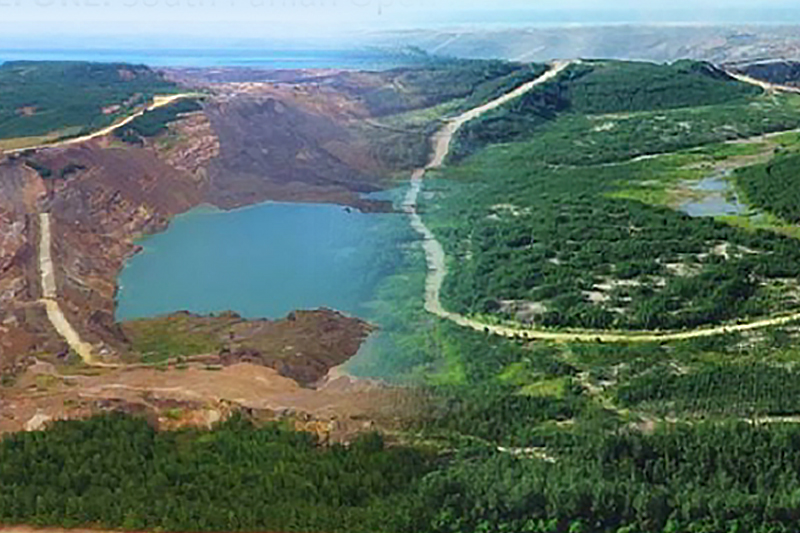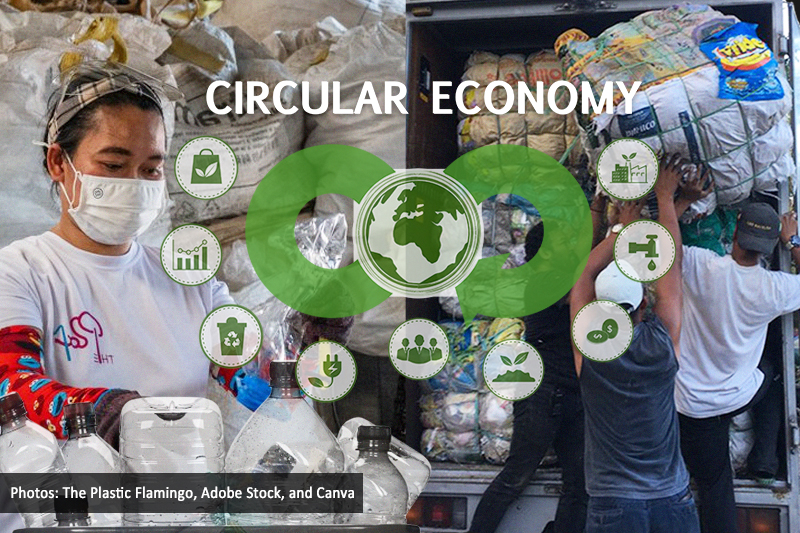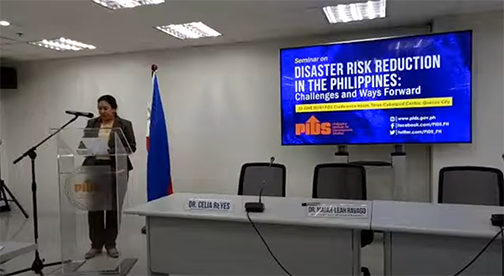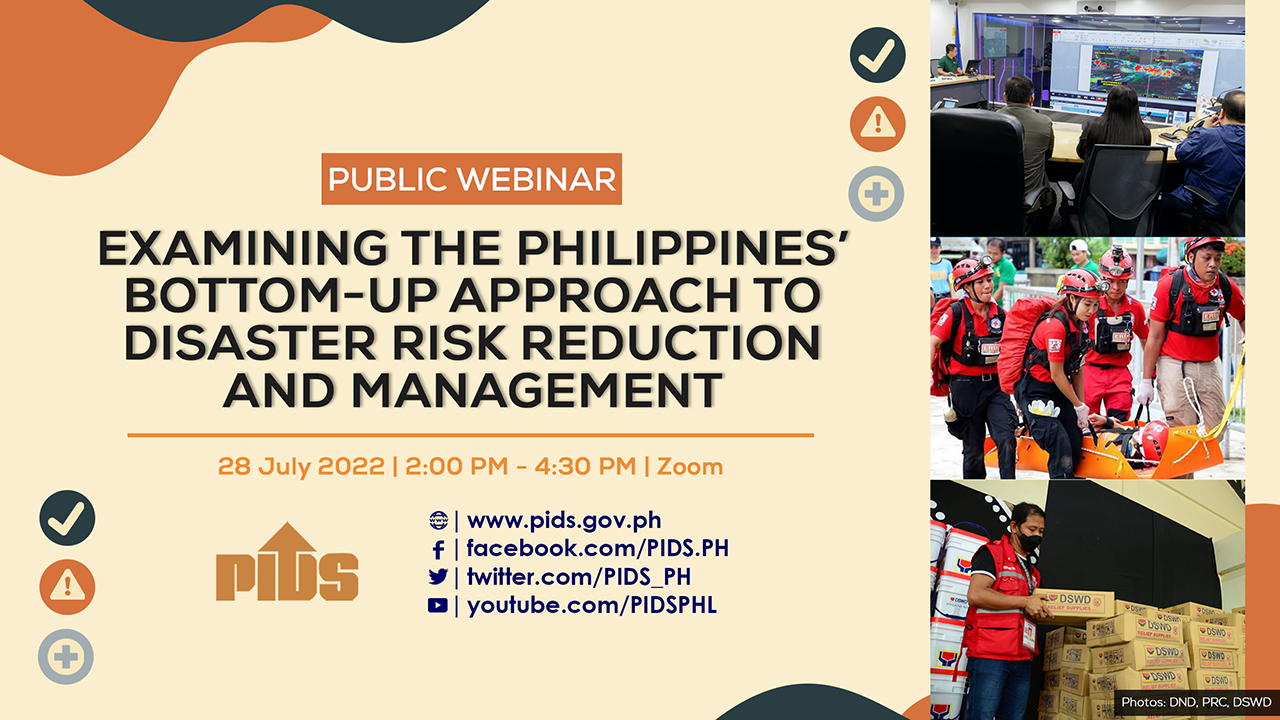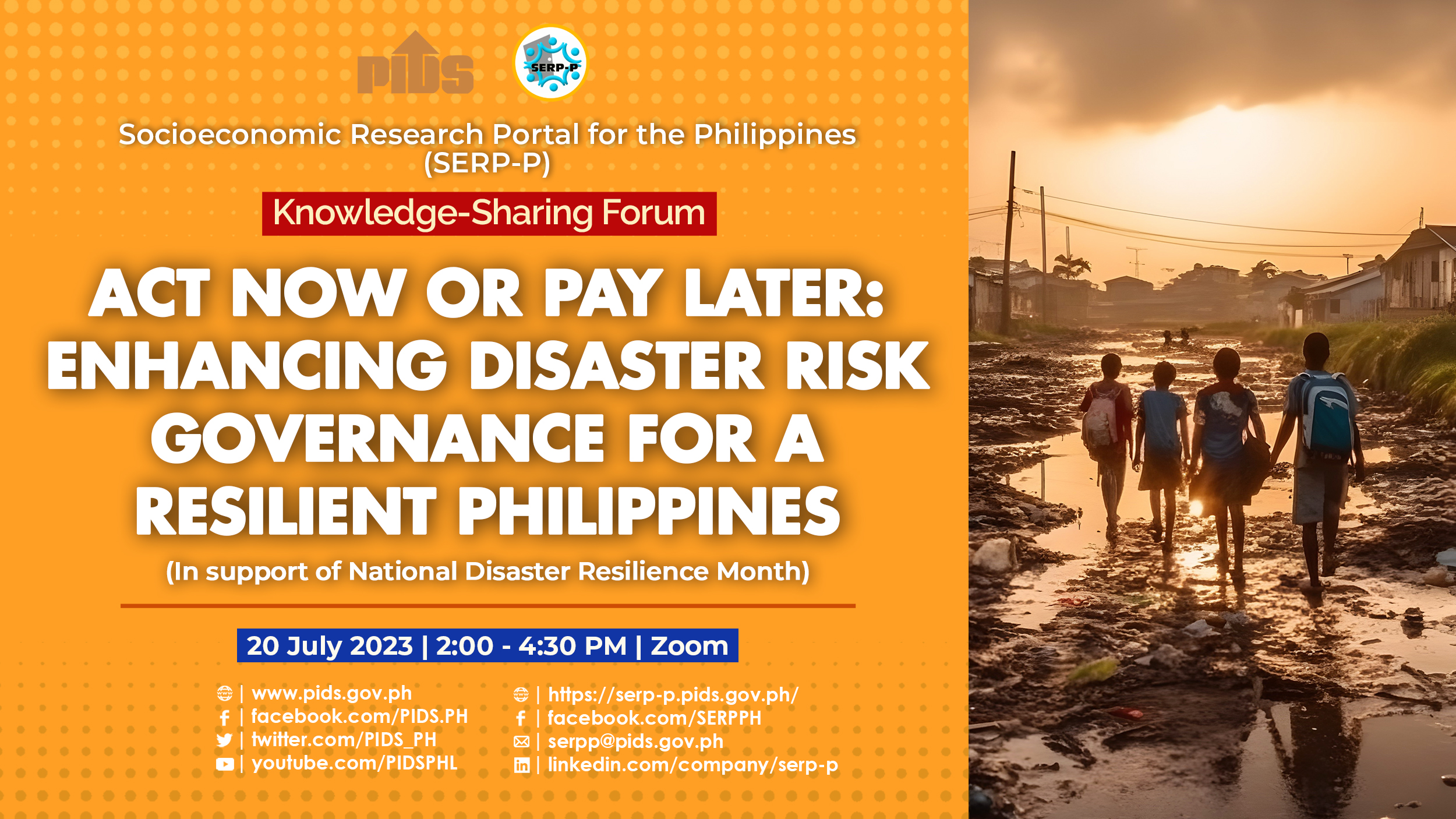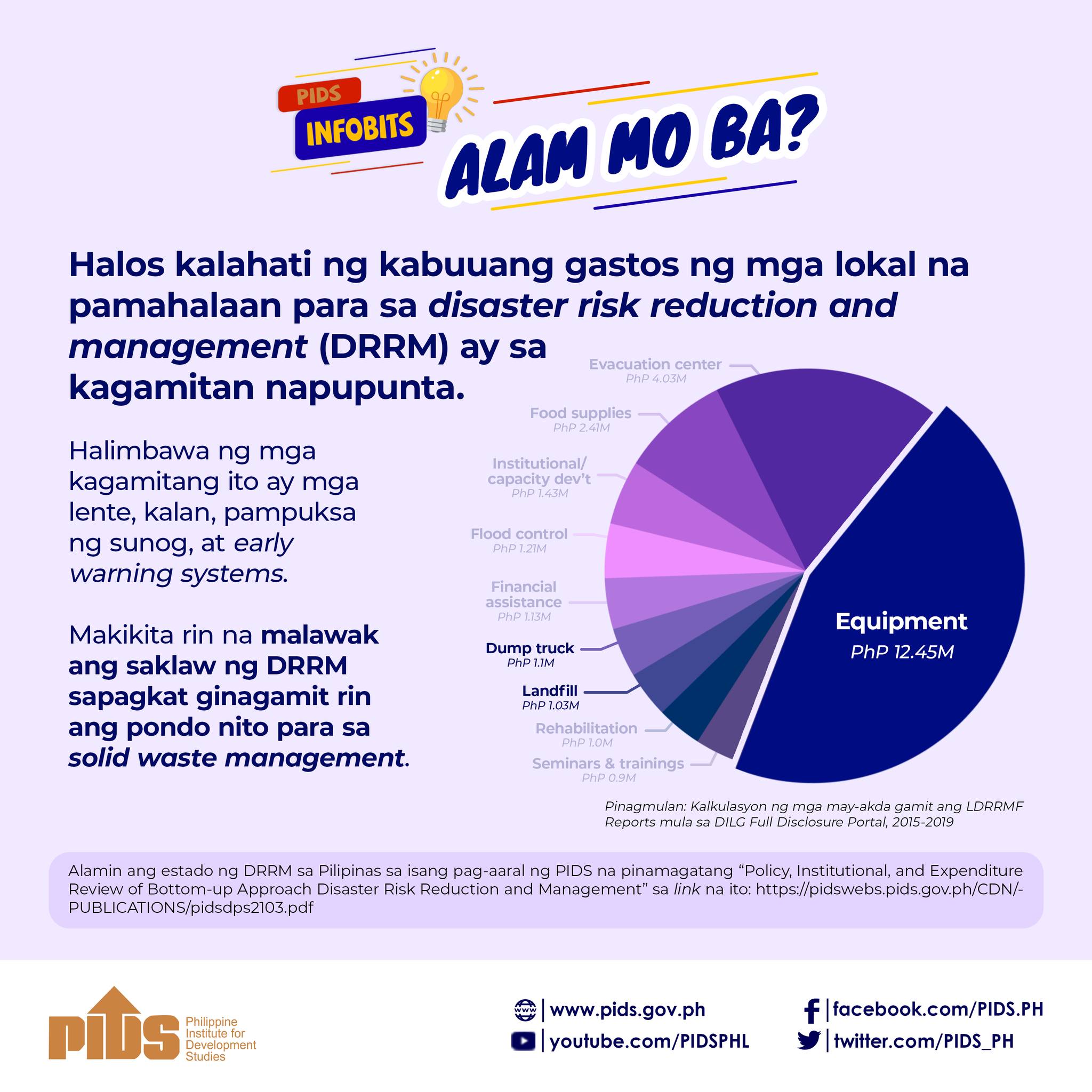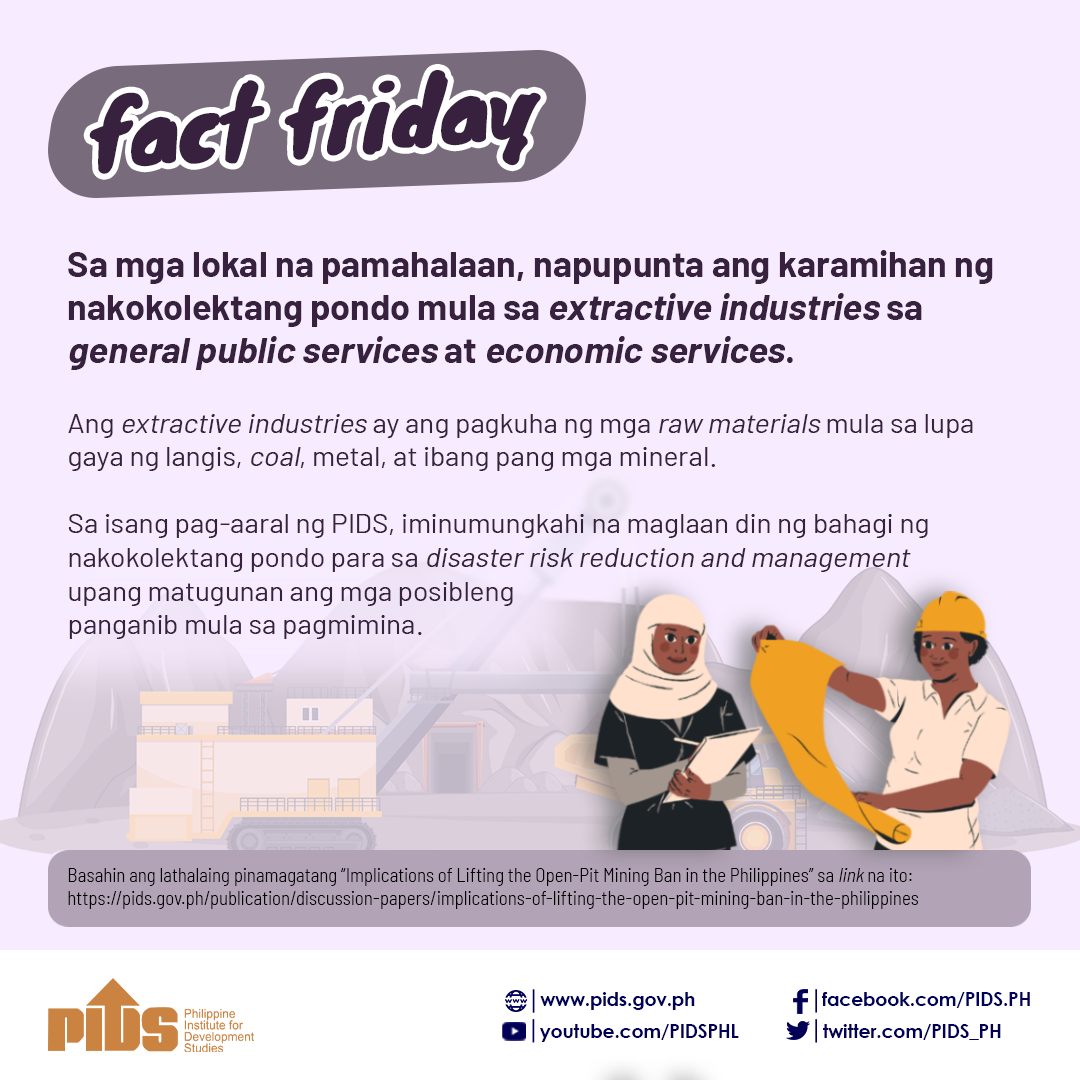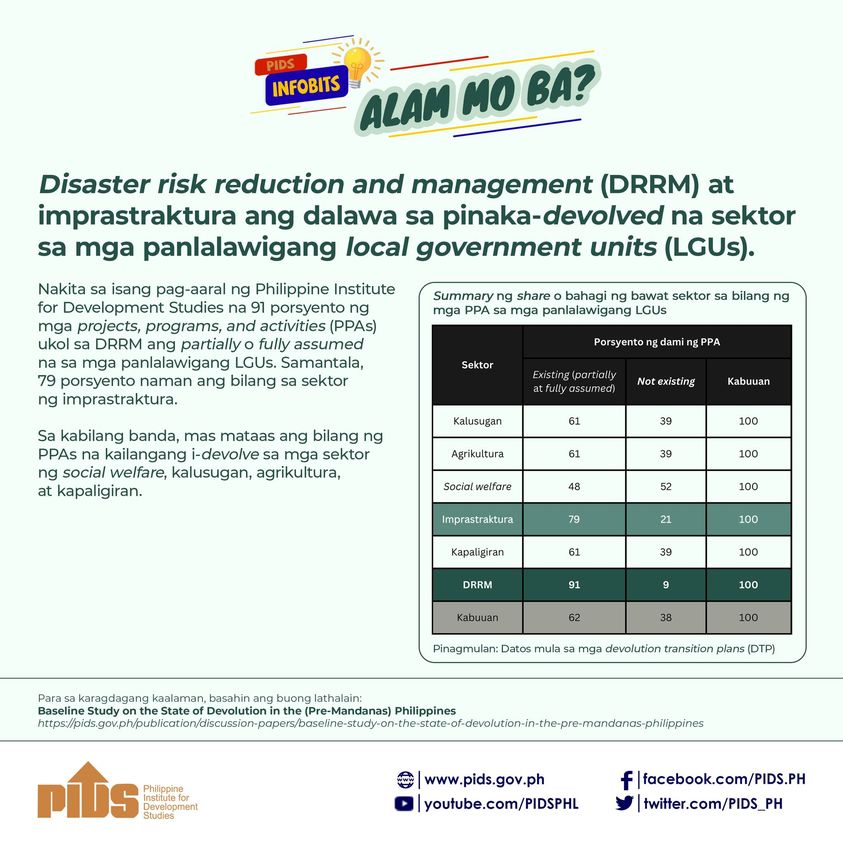EVEN months since the President made the proposal to create a “Department of Disaster Management”, we have yet to hear what steps our legislators have taken. Disappointing to say the least.
In his third State of the Nation Address, President Duterte proposed an inter-agency focused on strengthening our country’s capacity for resilience to natural disasters, a high-priority measure.
What are our legislators waiting for? Another disaster before acting.
Congress must pass a bill on this department’s creation with utmost urgency. The people’s safety is paramount.
We have to safeguard present and the future generations. We have to earnestly undertake initiatives to reduce our vulnerabilities to natural hazards, and bolster our resilience to the impact of natural disasters and climate change.
State think tank Philippine Institute for Development Studies said challenges lie in the implementation of the Philippine Disaster Risk Reduction! and Management (DRRM) Act of 2010, particularly the National DRRM Plan (NDRRMP). Many of these challenges would be addressed if there is a concrete organization or department dealing with emergencies and disaster events.
Given the structure and composition of the National Disaster Risk Reduction and Management Council (NDRRMC), a coordinating body authorized to craft policies as well as integrate, supervise, monitor, and evaluate DRRM operations in the country, it perennially suffers from competition with other departmental missions.
When it comes to the adequacy of DRRM resources like the NDRRM Fund and the Quick Response Fund (QRF), there is an increasing trend but distribution of resources is an issue. For one, the local DRRM fund is too skewed against poor local government units because the five percent of their internal revenue allotment is not the same for first class municipalities.
But increasing QRF is not necessarily a good thing because it shows that the country is focusing more on response and still has a long way to go when it comes to disaster resilience. It begs us to ask, why is that happening? Is it because we have not anticipated the risk? Because if we were able to anticipate and prepare, we don’t need to augment funds for quick response.
We must learn from our experiences with super typhoon “Yolanda” and other mega disasters, and from global best practices. We need a truly empowered department characterized by a unity of command, science-based approach and full-time focus on natural hazards and disasters, and the wherewithal to take charge of the disaster risk reduction; preparedness and response.

